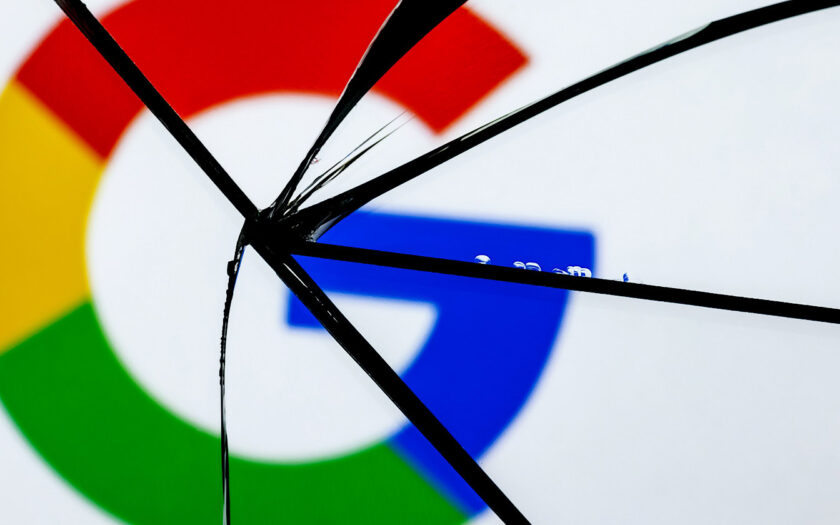“The government seems to be pursuing a sweeping agenda that will impact numerous industries and products, with significant unintended consequences for consumers, businesses, and American competitiveness.”
Implications For Consumers
For consumers, the potential changes could mean:
More choice in search engines across devices
Counterpoint: Splitting Google’s ecosystem might disrupt seamless cross-device experiences.
Potentially different search experiences as new players enter the market
Counterpoint: Users may need to get used to new search UIs or algorithms.
Increased privacy controls as data practices are scrutinized
Counterpoint: Increased data sharing raises privacy concerns across platforms.
Possible changes in ad targeting and relevance
Implications For Businesses
For businesses and marketers, the impact could include:
A more diverse search ecosystem to optimize for
Counterpoint: Managing SEO and PPC across multiple engines could be more challenging.
New advertising platforms and models
Counterpoint: New tools, training, or staff may be needed.
Potential shifts in the value and cost of search advertising
Counterpoint: A fragmented ad market might increase spend for the same reach.
The AI Factor & Future of Search
The DOJ’s proposals address emerging technologies like AI, recognizing its growing importance in search.
This could have the following implications:
Lowering barriers for new entrants to compete in AI-driven search
Potentially fragmenting the development of search AI across multiple companies
Changes in how search results are generated and displayed, including AI-powered features
The filing notes:
“Google’s ability to leverage its monopoly power to feed artificial intelligence features is an emerging barrier to competition and risks further entrenching Google’s dominance.”
Industry-wide Impact
The case has implications beyond just Google:
Other tech giants may face increased scrutiny and similar antitrust actions
The broader tech industry may see shifts in how platform businesses operate
Venture capital and innovation in search-related technologies could see a resurgence
Legal & Regulatory Landscape
This case is part of a broader trend of increased antitrust scrutiny of tech giants:
Similar cases are proceeding against other major tech companies
The outcome could influence future tech regulation globally
It may set precedents for how monopolies are defined and addressed in the digital age
Looking Ahead
The DOJ’s current proposals are preliminary, with more detailed remedies expected in November and March.
The case will likely face appeals and could take years to resolve fully.
As stated in the filing:
“Plaintiffs will continue to engage with market participants, conduct discovery, and ultimately, provide the Court with a further refined Proposed Final Judgement in November 2024 and then, in accordance with the Court’s Order, a Revised Proposed Final Judgment in March 2025.”
Key questions for the future include:
How will the balance between competition and innovation be struck?
Can breaking up or restricting Google lead to more search competition?
How will these changes affect the global competitiveness of U.S. tech companies?
For search professionals, marketers, and businesses relying on search, staying informed and adaptable will be vital.
As this case progresses, it will undoubtedly shape the future of search, digital advertising, and the broader tech industry.
Whether these changes will truly “break up” Google or simply reshape its role in the digital ecosystem remains to be seen, but the impact will likely be felt for years to come.
Featured Image: Sergei Elagin/Shutterstock
